Projects

We are committed to sharing our research and insights with a broader audience, and social media is an important part of that effort. Therefore, we are collaborating with ChatGPT, a large language model trained by OpenAI, to help us create high-quality content for our social media channels.
By OpenAI
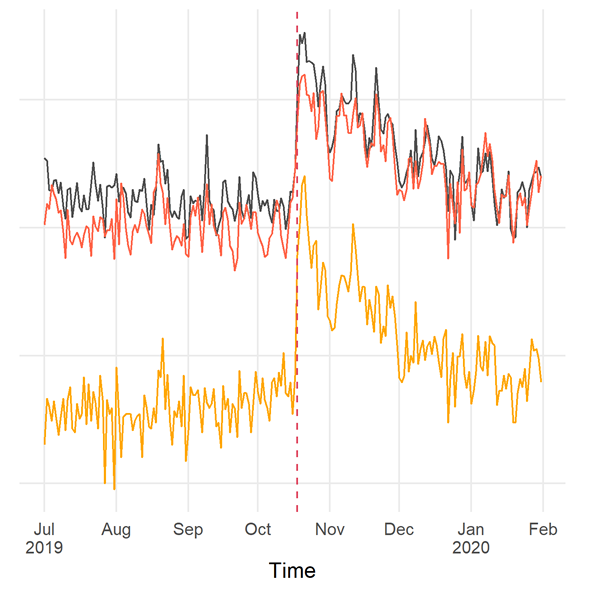
We are analysing the online interactions between audiences and media in the context of journalist practices during the mass protests in Chile in the second half of 2019. The relevance of these mass protests is associated with the opportunity window to draft a New Constitution.
By Ximena Orchard, Bastián González-Bustamante and Carla Cisternas

This is a scraper programmed in order to obtain quarterly data from Google Scholar and elaborate an impact measurement. This ranking is presented from the highest to the lowest H-Index. The number of cites has been used as a second criterion in case of a tie in H-Index.
By Bastián González-Bustamante, Alejandro Olivares, Carla Cisternas and Rodrigo Cuevas

We are analysing online interactions on social media around specific hashtags used during mass protests in Latin America since 2019. Therefore, we download the network activity using particular social media APIs to classify sentiments and toxicity.
By Bastián González-Bustamante

We are analysing online incivility in the context of extra-governmental experts’ appointments to face unexpected, challenging events in Latin American democracies, such as natural disasters and the coronavirus crisis. We focus on the activity on Twitter around specific hashtags using the Twitter API.
By Carla Cisternas and Bastián González-Bustamante
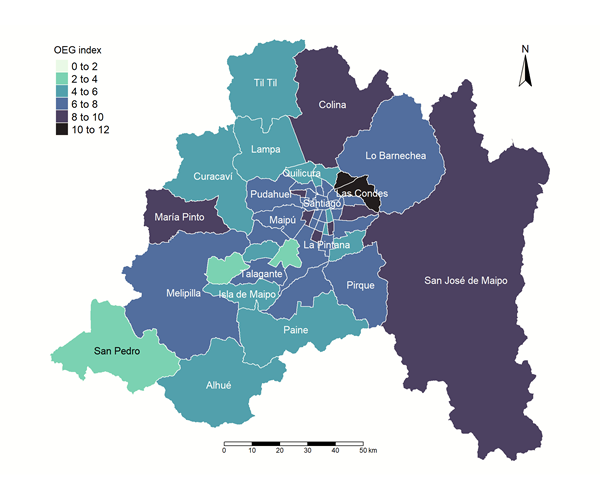
This project presents a novel integrated dataset with geospatial information and indicators of local governments in Chile between 2010 and 2022. We integrated several indicators with geospatial information using open data and public information.
By Bastián González-Bustamante and Diego Aguilar

We used data from the Financial Market Commission, which supervised more than 70% of financial assets in Chile, to identify board members and CEOs of a number of companies. We have elaborated a list of board members and CEOs for 463 and 451 companies.
By Bastián González-Bustamante and Carla Cisternas

From a data set of bills in the Chilean Lower House between 2006 and 2018 (N = 4,139), a period that corresponds to three administrations, we draw a random subsample considering some bills per month to identify both the bill’s issue and territorial scope.
By Carla Cisternas, Bastián González-Bustamante, Jaquelin Morillo and Diego Aguilar
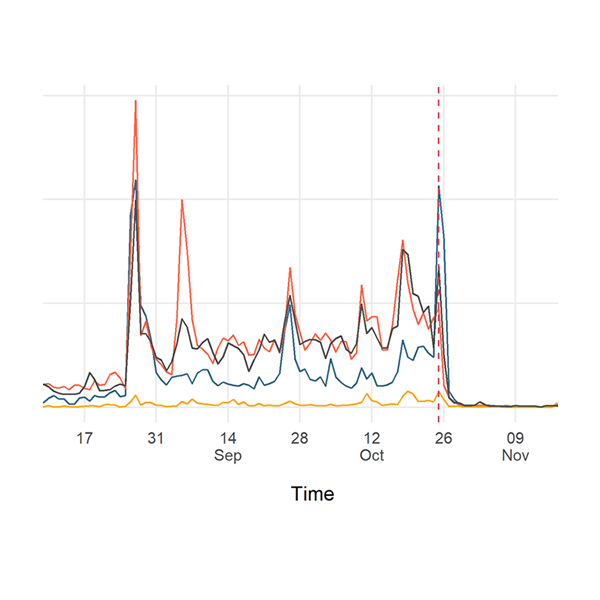
This is a Twitter online tracker of the Chilean refenrum for a New Constitution in October 2020, which contains merged, daily data sets on #Apruebo and #Rechazo viewpoints on this social media.
By Bastián González-Bustamante
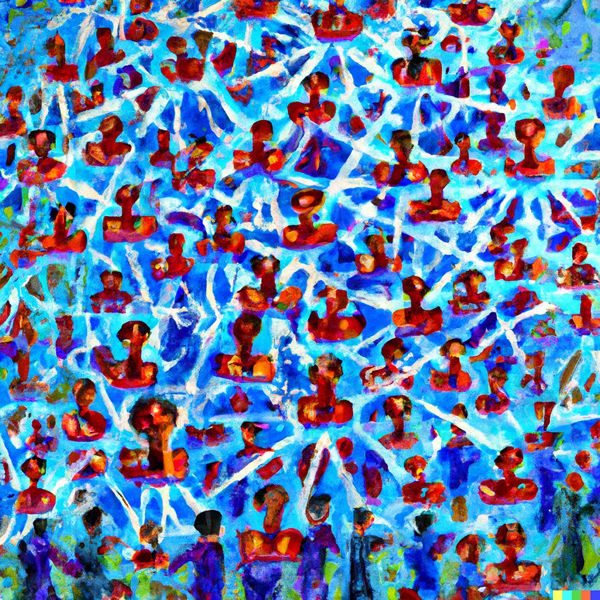
We present a novel data set that contains detailed information on 431 senior public managers of the Chilean civil service from 2009-2017. The set was created from requests for access to public information and an OCR revision of 1,396 public documents.
By Bastián González-Bustamante, Matías Astete and Berenice Orvenes

This project comprises two data sets on Chilean ministers and undersecretaries in Comma-Separated Values (CSV) format with Unicode encoding UTF-8. The data set on ministers covers between 1990 and 2014, while the set on undersecretaries contains officeholders until 2022.
By Bastián González-Bustamante and Alejandro Olivares
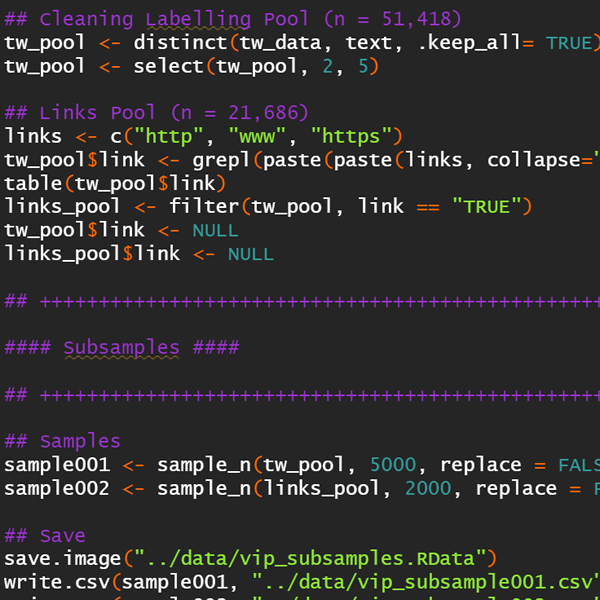
This is a flavoured version of vibrant ink for RStudio released under an MIT No Attribution (MIT-0) license. Therefore, there are no conditions, not even requiring the preservation of copyright and license notices.
By Bastián González-Bustamante
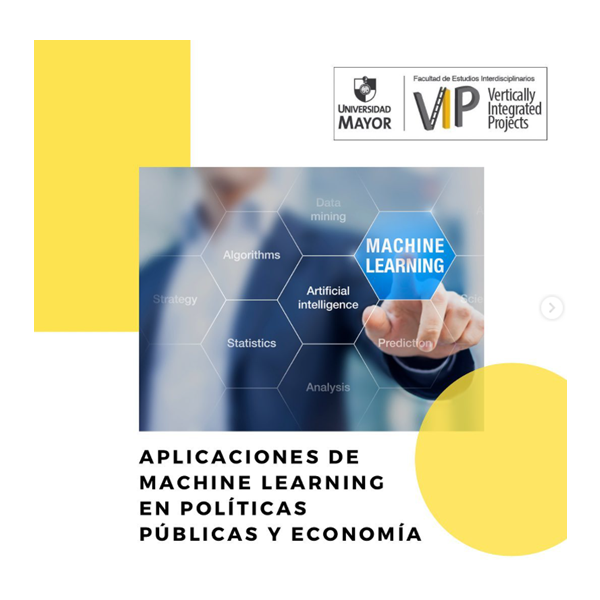
This project aims to form a vertically integrated multidisciplinary research team to use different machine learning applications in public policy and economics. In this version, we will focus on the dynamics of disinformation.
By Carla Cisternas and Francisco Castañeda

Based on data from the the CPS-Ranking, we have collected all the authors’ publications ranked in Q1. From this data set, we draw a random subsample and carry out data coding procedures in this subsample to classify the type of publication.
By Bastián González-Bustamante, Alejandro Olivares and Carla Cisternas